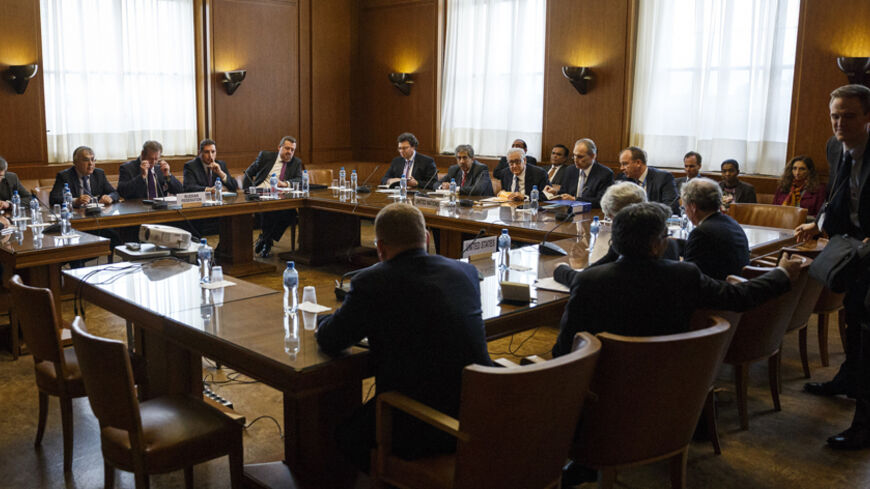The military successes of the Islamic State (IS); the possibility of the ‘jihadist cancer’ spreading to Iraq and Syria’s neighboring countries; the uncertainty of the situation in and around Syria; the growth of internal tensions in a number of countries in the Arab Mashreq; the high level of violence and cruelty; the unresolved Palestinian issue; the interfaith and intrafaith (sectarian) rifts; the anxiety engulfing the population in many parts of the region — all this, against a background of shrinking cooperation between Moscow and the West, increases the former’s concern about the future of this part of the Arab world, to whose fate Russians are certainly not indifferent.
Rumors circulating about the possibility of the US airstrikes on IS positions inside Syria have generated lively debate in the Russian expert community and in the media. Obviously, if such attacks were carried out without the consent of the Syrian authorities, Damascus would regard this as a violation of the country’s sovereignty, and Moscow would support this position. In diplomatic circles, rumors are also spreading that the Syrian government would not mind if Russia used airstrikes in areas where the forces of IS militants are concentrated in Syria. No official request, however, appears to have come from Damascus. Thus for now, we can only say that the Syrian government would prefer that such course of action be taken — in case it becomes necessary to stop the onslaught of the terrorists — by Russia, rather than the United States and other forces hostile to Damascus. Yet, it is safe to assume that Moscow is unlikely to intervene militarily in the conflict, even if such an official appeal were to be issued.



